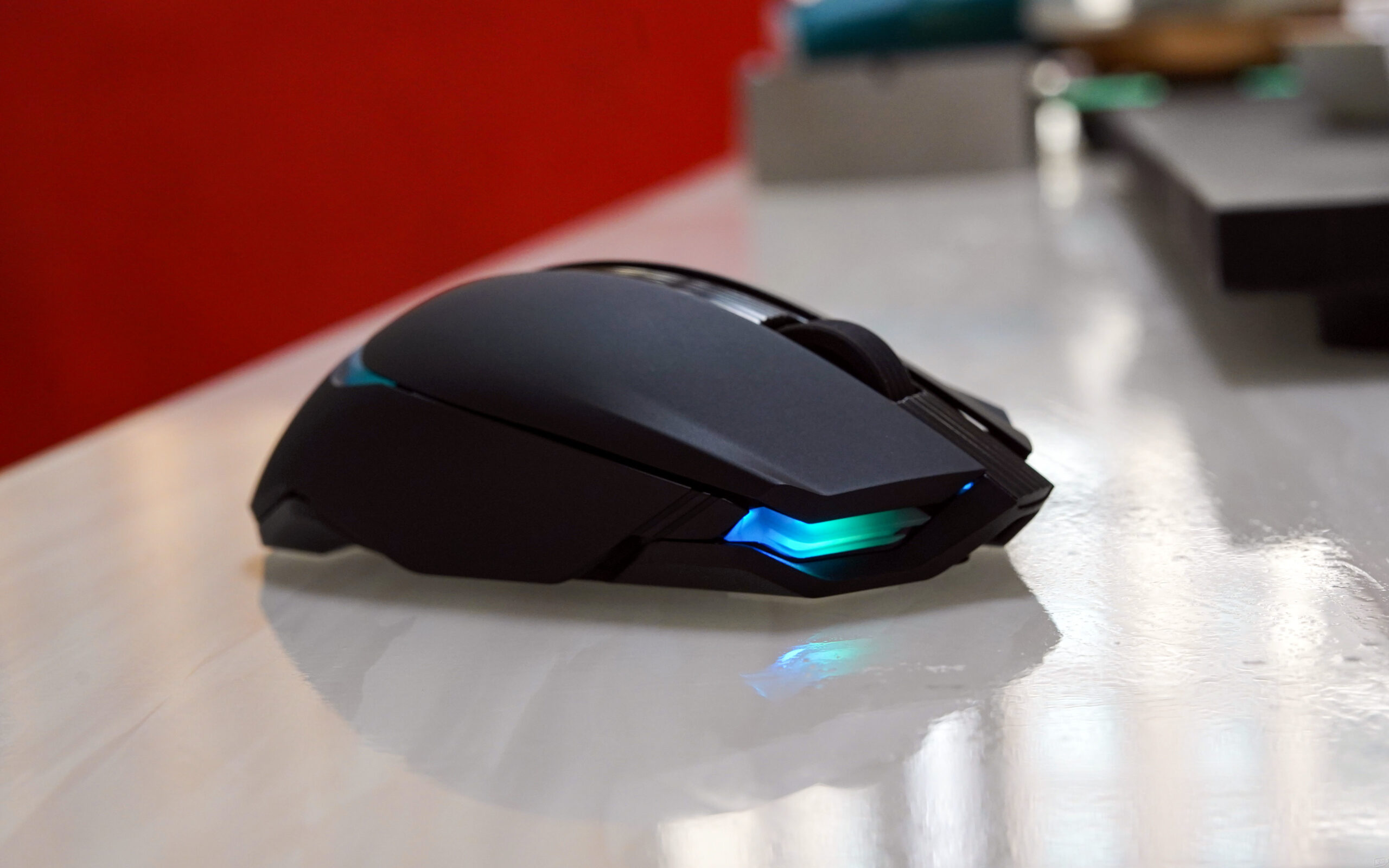When it comes to choosing a mouse for your computer, you have two main options: a wireless mouse or a wired mouse. Both have their advantages and disadvantages, and the choice ultimately depends on your personal preferences and needs. In this essay, we will compare wireless and wired mice and help you decide which one is the best for you.

Wireless Mouse
A wireless mouse is a mouse that connects to your computer without the use of a cable. It uses radio frequency (RF) or Bluetooth technology to communicate with your computer. Wireless mice are powered by batteries, which can be either replaceable or rechargeable.
Advantages of Wireless Mouse
The main advantage of a wireless mouse is its convenience. Without a cable, you have more freedom of movement and can use the mouse from a distance. This is especially useful if you have a large monitor or if you want to use your computer from a couch or bed. Wireless mice are also easy to set up and use, as they don’t require any cables or ports.
Disadvantages of Wireless Mouse
The main disadvantage of a wireless mouse is its reliability. Wireless mice can suffer from interference from other wireless devices, such as Wi-Fi routers or Bluetooth headphones. This can cause the mouse to lag or disconnect, which can be frustrating. Wireless mice also require batteries, which can run out of power at inconvenient times. Finally, wireless mice are generally more expensive than wired mice.
Wired Mouse
A wired mouse is a mouse that connects to your computer using a cable. The cable is usually USB, but some older mice may use a PS/2 connector. Wired mice don’t require batteries, as they draw power from the USB port.
Advantages of Wired Mouse
The main advantage of a wired mouse is its reliability. Wired mice don’t suffer from interference and don’t require batteries, so they are always ready to use. Wired mice are also generally cheaper than wireless mice, making them a good choice for budget-conscious users. Finally, wired mice are often more responsive than wireless mice, as they don’t have to deal with the latency caused by wireless communication.
Disadvantages of Wired Mouse
The main disadvantage of a wired mouse is its lack of mobility. With a cable, you are limited in your movement and can’t use the mouse from a distance. This can be inconvenient if you have a large monitor or if you want to use your computer from a couch or bed. Wired mice also require a USB port, which can be a problem if you have a limited number of ports or if your ports are in an inconvenient location.
Which one should you choose?
The choice between a wireless and a wired mouse ultimately depends on your personal preferences and needs. Here are some factors to consider:
Mobility: If you need to use your mouse from a distance or if you want to use your computer from a couch or bed, a wireless mouse is the better choice.
Reliability: If you need a mouse that is always ready to use and doesn’t suffer from interference, a wired mouse is the better choice.
Price: If you are on a tight budget, a wired mouse is the better choice, as it is generally cheaper than a wireless mouse.
Response time: If you need a mouse that is very responsive and doesn’t suffer from latency, a wired mouse is the better choice.
Battery life: If you don’t want to worry about replacing or recharging batteries, a wired mouse is the better choice.
Conclusion
In conclusion, both wireless and wired mice have their advantages and disadvantages, and the choice ultimately depends on your personal preferences and needs. If you need mobility and convenience, a wireless mouse is the better choice. If you need reliability and affordability, a wired mouse is the better choice. Consider your priorities and choose the mouse that best fits your needs.
